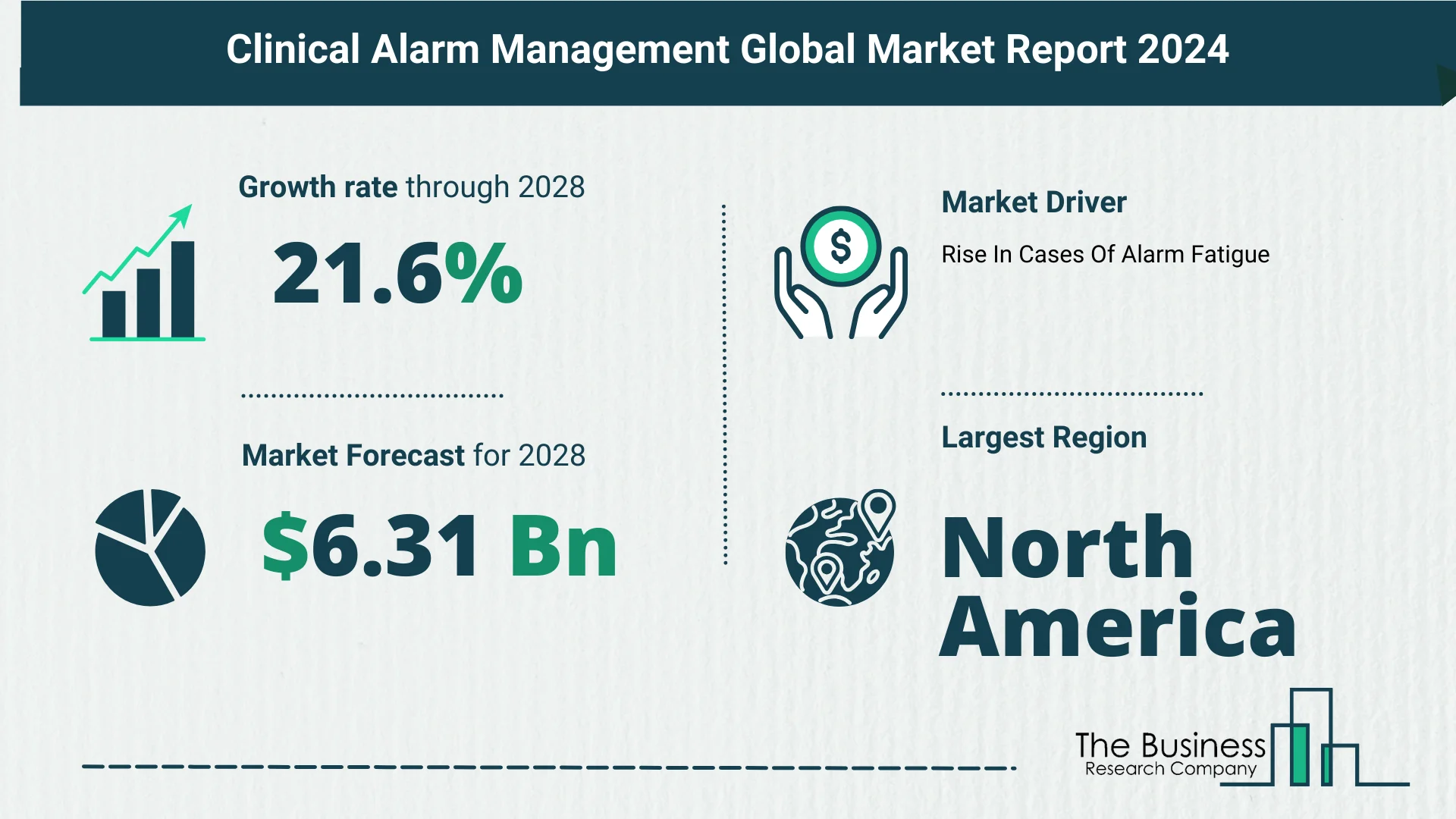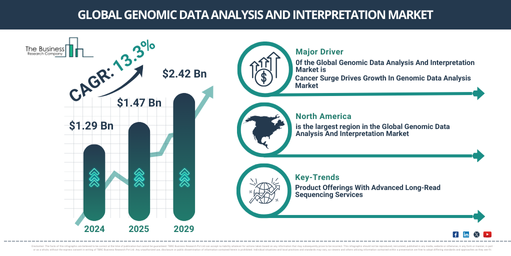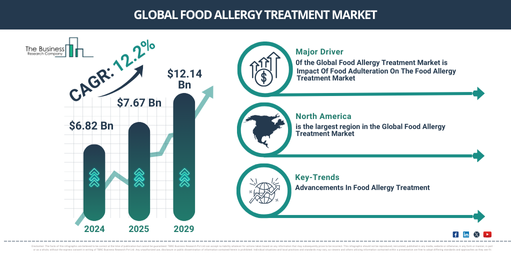Clinical Alarm Management Market Growth Analysis Till 2033 By The Business Research Company
The Business Research Company’s market reports offer an in-depth analysis on the market’s growth potential, major drivers, key trends and more.
The clinical alarm management market has witnessed remarkable growth in recent years, driven by various factors such as patient safety concerns, regulatory compliance, and the increasing complexity of healthcare devices. In 2023, the market size stood at $2.39 billion, and it is poised to reach $2.89 billion in 2024, marking a notable compound annual growth rate (CAGR) of 20.9%. Looking ahead, the forecast suggests an even more robust growth, with the market projected to hit $6.31 billion in 2028, driven by trends like remote patient management expansion and global health emergency preparedness.
The Impact of Alarm Fatigue on Market Growth
Alarm Fatigue as a Critical Safety Issue
The surge in alarm fatigue, characterized by the sensory overload clinicians face due to excessive alarms, has emerged as a significant driver for the clinical alarm management market. Hospitals recognize alarm fatigue as a critical safety issue, leading to prioritized efforts in alarm management. A study published by the BMJ in 2023 revealed that more than 70% of alarms could be false, emphasizing the need for effective solutions.
Role of Clinical Alarm Management Solutions
Clinical alarm management solutions play a crucial role in mitigating alarm fatigue by utilizing modern communication tools. They help manage alarms efficiently, reducing the likelihood of missed alarms and delayed responses. This trend has led to increased adoption, further propelling the growth of the clinical alarm management market.
Read More On The Clinical Alarm Management Market Report 2024 – https://www.thebusinessresearchcompany.com/report/clinical-alarm-management-global-market-report
Key Players and Market Dynamics
Major Companies Leading the Market
Major players driving the clinical alarm management market include Koninklijke Philips NV, GE Healthcare Technologies Inc., Ascom Holdings AG, and others. These companies are at the forefront of providing innovative solutions to address alarm fatigue and enhance patient safety.
Innovations Driving Market Growth
Wearable devices, such as medical alert pendants, are transforming the market by providing quick and accessible ways for individuals, particularly seniors, to summon emergency assistance. For instance, TELUS Health’s Medical Alert Pendant, launched in November 2023, incorporates advanced features like GPS-enabled location tracking and fall detection, adding an extra layer of security.
Philips’ Strategic Acquisition and Market Segmentation
Philips’ Acquisition of Capsule Technologies
In January 2021, Philips acquired Capsule Technologies for $635 million, aiming to enhance its patient care management solutions. Capsule Technologies provides medical device integration and information solutions, aligning alert notifications to clinical practice. This strategic move positions Philips as a key player in the clinical alarm management market.
Market Segmentation
The clinical alarm management market is segmented based on products (physiological monitors, nurse call systems, ventilators, etc.), components (solutions and services), and end-users (hospitals, home care settings, ambulatory care centers, etc.). This segmentation reflects the diverse applications and demands within the market.
Regional Dominance and Future Trends
North America Leading the Way
In 2023, North America emerged as the largest region in the clinical alarm management market, underlining the region’s dominance in healthcare technology adoption. The presence of key players and a proactive approach towards patient safety contribute to North America’s leadership in this market.
Future Trends Shaping the Market
Anticipated trends in the clinical alarm management market include the integration of artificial intelligence, advanced analytics, and predictive algorithms. Additionally, interoperability with Electronic Health Records (EHRs), wireless and mobile solutions, cybersecurity measures, and strategic vendor partnerships will play pivotal roles in shaping the market’s future trajectory.
Conclusion
The clinical alarm management market’s exponential growth is fueled by a combination of factors, ranging from patient safety concerns to technological innovations. The industry is witnessing a transformative shift, with wearable devices, strategic acquisitions, and advanced technologies reshaping the landscape. As the market continues to evolve, it is poised to address the critical issue of alarm fatigue while providing innovative solutions that enhance patient care and safety.
Request for A Sample Of The Global Clinical Alarm Management Market Report:
https://www.thebusinessresearchcompany.com/sample_request?id=7876&type=smp



